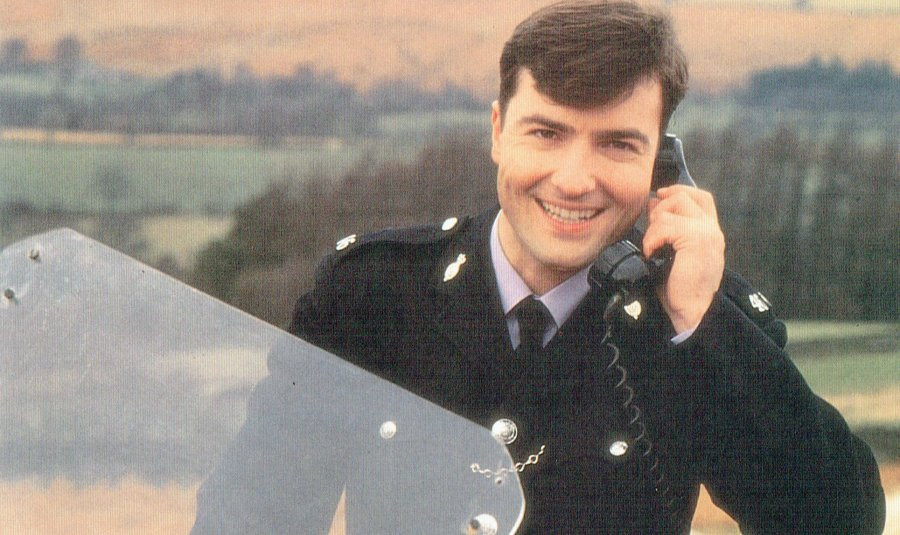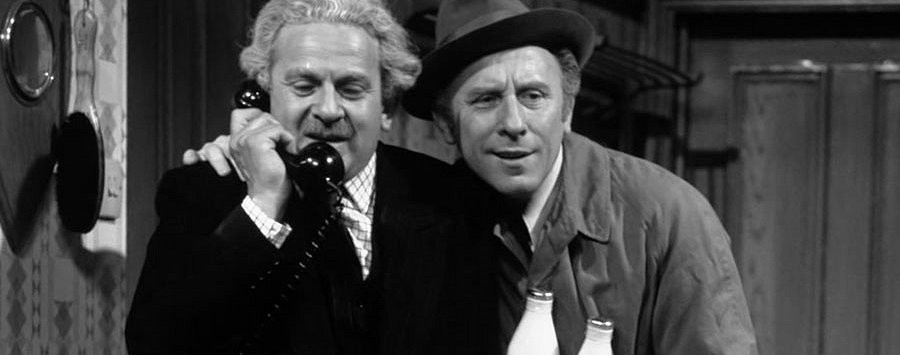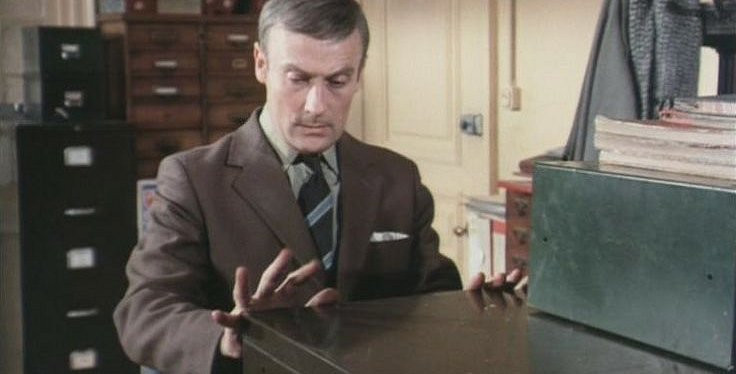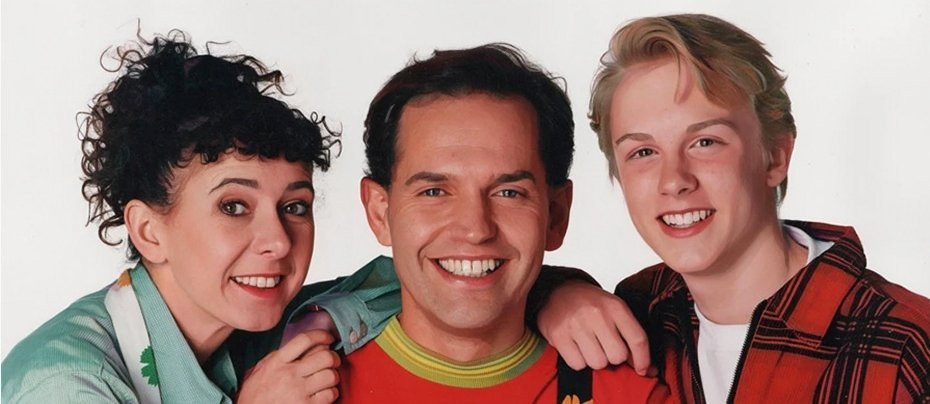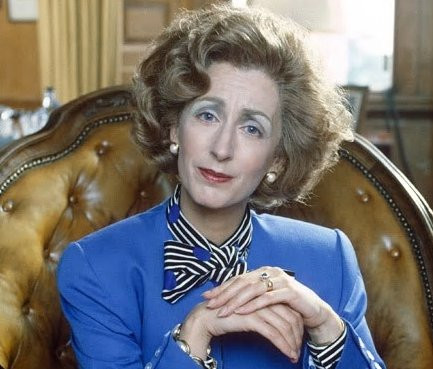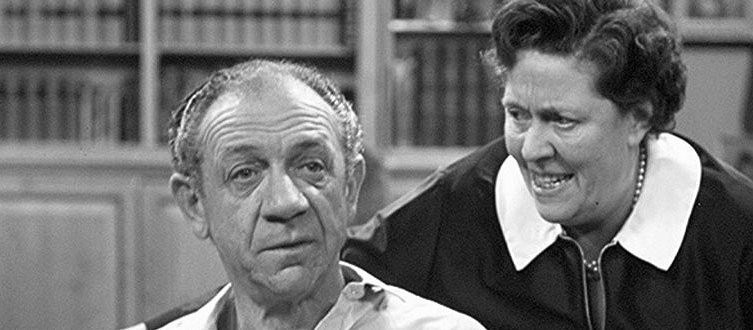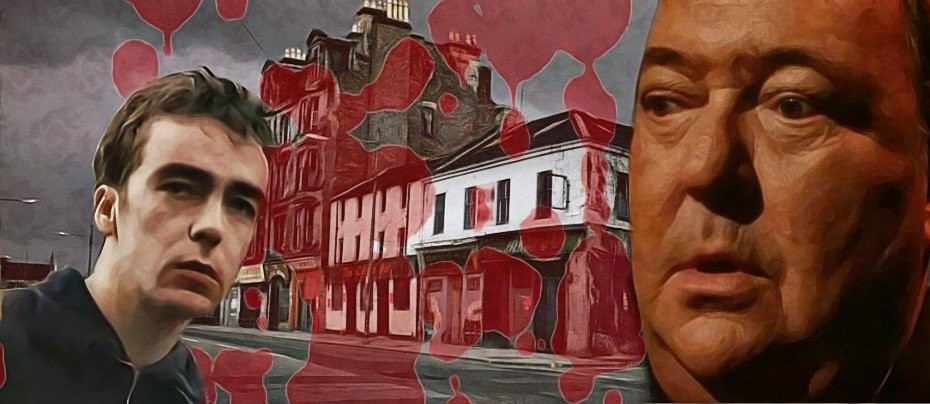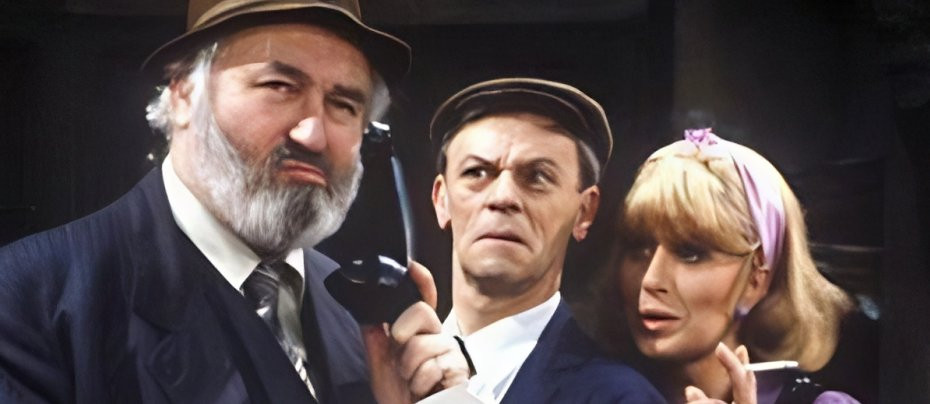
The Gaffer
1981 - United KingdomFollowing the success of Oh No - It's Selwyn Froggitt and two years after its failed spin-off (simply titled Selwyn), Bill Maynard was still searching for a new character to play on primetime television. Yorkshire Television came up with three possibilities, but they were all too similar to Selwyn. Then, Duncan Wood, Head of Light Entertainment, showed Maynard a play by a new writer, Graham White. They both thought it hysterically funny and approached White to see if he had any more. White told them he had written four episodes of an intended radio comedy for the BBC. It was called The Gaffer. Maynard's search was over.
The Gaffer was a timely story which would not be out of date today. In it, Maynard plays Fred Moffat, the boss of a Midlands based small engineering company that is struggling for survival. The company is only a stumble away from bankruptcy and Moffat is constantly under threat from the taxman, union officials, customs and excise and his bank manager. He also doesn't care much for traffic wardens.
Moffat is a very different character from Selwyn Froggitt as Maynard explained to the TV Times in September 1981. "In the new series there is less knockabout comedy. Fred Moffat is verbal - he has a sardonic, biting wit. I altered my image completely to play him. As Selwyn I used to wear a suit two sizes too small to make him look even bigger than he was. As Fred I'm wearing an old suit two sizes too big in order to change my shape and give him a lived-in look."
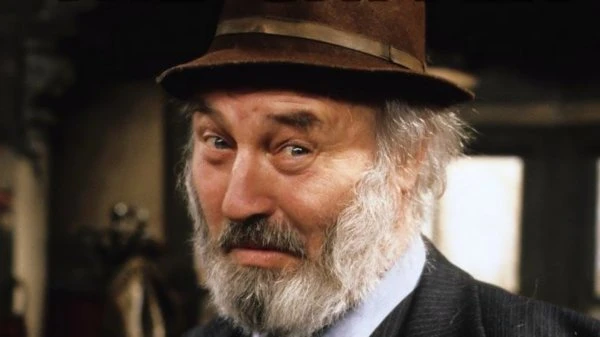
Maynard based his character on several small business people he knew but mainly on the writer Graham White who was himself the owner of a small light engineering company based in Derbyshire. "I watched him - his mannerisms, how he went about his business", Maynard said of White. "I even grew a beard because he had one."
Maynard's portrayal of the well-meaning but often hapless Gaffer is both charming and endearing, capturing the audience’s sympathy and laughter in equal measure. His comedic timing shines through, delivering the humour with a gentle, almost slapstick touch, his character often finds himself caught between trying to be a respectable authority figure and inadvertently getting entangled in ridiculous situations, all of which he handles with a mix of bemusement and persistence.
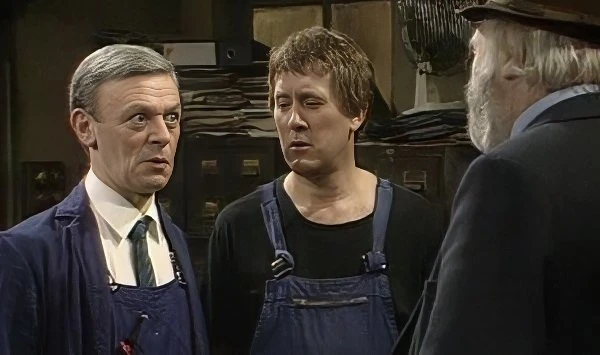
Troubles within his own company come in the shape of his rarely supportive and ineffectual secretary, Betty (Pat Ashton) and the Scottish trade union shop steward Harry (played by the ever-excellent Russell Hunter). Harry is a more politically-minded and pragmatic character compared to others in the office, often clashing with the Gaffer’s more disorganized approach which often brings him into situations where he has to balance his duty to his fellow workers with the sometimes absurd decisions made by the Gaffer, although his main interest is in parting Moffat from as much money as possible to better pay his members.
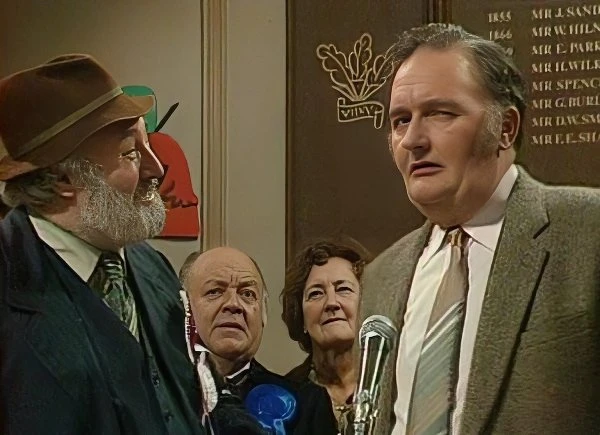
In the third series, Moffat decides to run for a seat on the local council which would pit him against his bitter business rival Joe Gregory (Alan Hockey). But by the final episode Moffat has had all the fight knocked out of him, sells his company to his employees and emigrates to Australia. His departure doesn’t last long, and he returns to take back his business, therefore setting the premise for a fourth series. It was never made.
There were rumours that Graham White had become frustrated that many of his lines were rewritten by Maynard who felt that, whilst wordy sentences were perfectly suited to radio, they were out of place on television. Maynard himself even hinted as much in the original TV Times article, even though he was full of praise for White: “His dialogue is some of the best I’ve read in years,” Maynard said. “The only problem is that some of it is almost impossible to say. For instance, in a scene where one wife meets another, he’ll give me a line such as: ‘I see the irascible force has ganged up with the resistible object.’”
Although The Gaffer didn’t continue on television, Graham White wrote a what happened next novel titled The Gaffer's Guerrillas, published over twenty years after the final TV episode. Following an acrimonious divorce and the failure of his new business in Australia, a flat-broke Moffat returns to England, hoping to start again. But it is a very different country from the England the Gaffer left years before. The nation is being hustled by cynical politicians into total European integration and a new Euro police force, nicknamed the Eustapo, is busy taking over a country renamed the 'Province of New Albion'. But the North Country will have none of it, and Britain is partitioned along the Mersea-Mablethorpe line. The new frontier passes through Moffat's home town of Grimchester - in fact, right through his old pub, the British Bugle, where a few regulars, including his old employee, start a pathetically inept resistance group.
Just like Selwyn, the character of Fred Moffat had a similar kind of everyman appeal—well-meaning but often in over his head, which Maynard excelled at portraying. The success of his earlier roles helped establish him as a reliable lead in British sitcoms, and his performance in The Gaffer carried over the same warmth, humour, and affable quality that made him so beloved by audiences. The Gaffer remains a quirky yet underappreciated gem in the world of 1980s television.
Seen this show? How do you rate it?
Seen this show? How do you rate it?
Published on January 3rd, 2025. Written by Marc Saul for Television Heaven.


